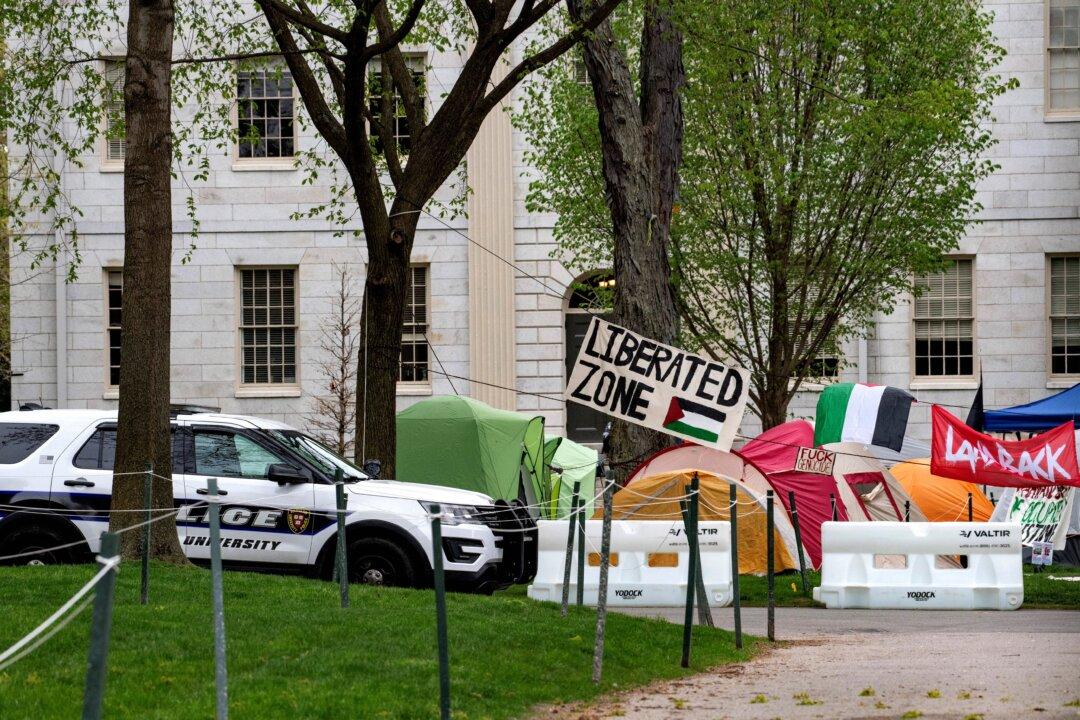Pro-Palestinian activists and students remain entrenched in ad hoc encampments on more than 80 campuses across the United States, including dozens where university and local government officials are demanding they depart or face arrest for trespassing and unlawful assembly in the coming days, if not hours.
That process is already underway with San Diego County Sheriff’s deputies arriving at the University of California–San Diego (UCSD) campus at daybreak on May 6 to clear out a “Gaza Solidarity” encampment, arresting dozens.





